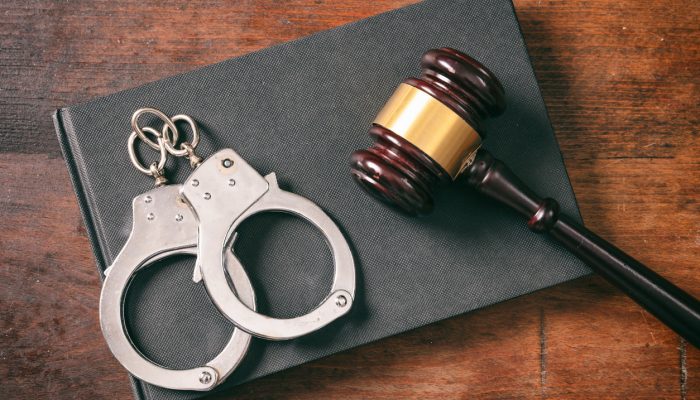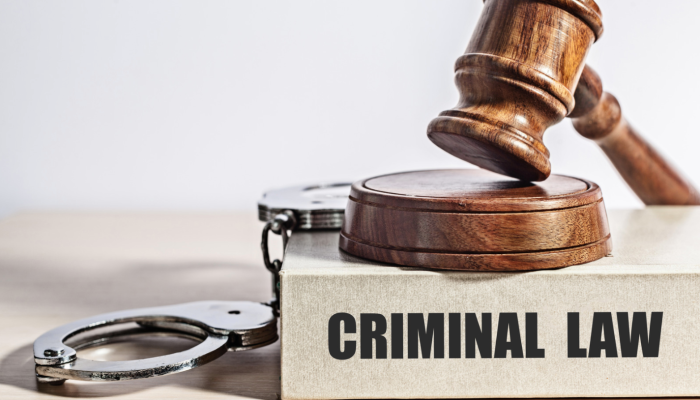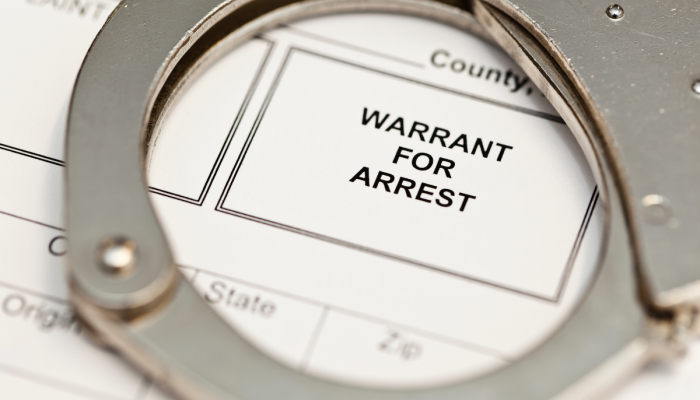 Whether they are on duty or off duty, police officers must obey the law. When police officers break the law, they can be punished just like you if you commit a crime. Courts have held police officers accountable for their wrongdoing, misconduct, and illegal acts. If a police officer is guilty of domestic violence, hit and run, or any other crime, a judge can sentence the officer to the same punishments as you face. The officer can serve time in prison, pay fines, and be on probation. Some of the actions that police officers take during the course of their jobs may be considered illegal, if those actions violate your civil rights.
Whether they are on duty or off duty, police officers must obey the law. When police officers break the law, they can be punished just like you if you commit a crime. Courts have held police officers accountable for their wrongdoing, misconduct, and illegal acts. If a police officer is guilty of domestic violence, hit and run, or any other crime, a judge can sentence the officer to the same punishments as you face. The officer can serve time in prison, pay fines, and be on probation. Some of the actions that police officers take during the course of their jobs may be considered illegal, if those actions violate your civil rights.
An Arrest Cannot Be Made Without Probable Cause
The definition of Probable cause means that a police officer would believe that a crime was in the process of being committed, had been committed, or was going to be committed. Probable cause is enough for a search or arrest warrant. It is also enough for a police officer to make an arrest if he sees a crime being committed. police officers cannot abuse their power to arrest individuals without cause. But some officers misuse arrests for various reasons.
If the officer does not have probable cause to believe a crime had been committed, the officer violates the person’s Fourth Amendment rights. False arrests can also violate a person’s Fourteenth Amendment right of due process and the person’s Eighth Amendment right not to be subject to cruel or unusual punishment.
What If An Arrest is Made Without Cause?
If a police officer arrests a person without cause, any evidence obtained pursuant to the wrongful arrest is inadmissible in court. If you were charged with a crime, you can file a motion to exclude evidence obtained from the false arrest. This motion is filed with the court in your criminal case. Any criminal evidence found because of the wrongful arrest can get thrown out. Without that evidence, there may not be a valid case against the person. In Kentucky, if your civil rights have been violated during an instance of alleged wrongful arrest or detainment, you may be entitled to sue. You can sue to receive financial compensation for any damages you incurred, such as hospital bills, lost wages, and pain and suffering. You also can file a suit to hold a law enforcement agent accountable for the injustice committed against you or a lack of “probable cause” in the arrest.
Individuals need to understand their legal rights when interacting with police officers. First and foremost showing a little respect will go a long way when you’re talking with the police. However, be aware of your civil rights. Police actions that constitute a breach of civil rights. In addition to false arrests, there is a long list of things that police cannot do legally while performing their jobs. Individuals need to understand their legal rights when interacting with police officers.
Here are a few examples:
- They must have a warrant or probable cause before they can conduct a search and seizure.
- They must have probable cause before they can stop a vehicle.
- If evidence is in plain view, they can search a vehicle or person without consent or a search warrant.
- They are not allowed to say they have a search warrant if they do not. They cannot lie about how the legal system works.
- They cannot bribe or intimidate to obtain a confession.
- Surveillance abuse, planting evidence, racial profiling, excessive force, corruption, false imprisonment, and assault are just a few more examples of illegal acts committed by police officers.
If you believe your Constitutional rights were violated or a police officer is guilty of misconduct, contact a criminal defense attorney. Being falsely accused of committing a crime can be devastating. For many, being falsely accused of a crime takes a toll emotionally and physically. After being falsely arrested, it is a natural response to try to fight back and defend yourself. However, defending yourself and responding to false arrest in a rash and angry way can hurt your case.
If you are arrested, remain silent except for asking for an attorney. A criminal defense attorney can help you determine if the police did anything illegal. Your attorney also assists you in formulating a defense strategy that may result in a dismissal of charges and compensation for damages if the police officer is guilty of misconduct or wrongdoing.
Contact us (859-341-2500) for a Free Consultation!
—
 About Grubbs & Landry
About Grubbs & Landry
At Grubbs & Landry, PLLC, we are dedicated to personal and friendly service. We manage our practice in an ethical, cost-effective manner to best help our clients resolve their legal issues with the least expense possible. We pride ourselves in advocating for our client in divorce, child custody, and child support matters as well as other family law matters. We are active in prosecuting personal injury cases-recovering for the injuries our clients sustain due to the negligence of others. Additionally, we help our clients prepare for the future through the preparation of Wills, Power of Attorney and Living Will.











 If you are facing criminal charges, you are probably worried about how they might impact your future– you know you have quite a bit to lose. Being formally convicted brings about the possibility of severe consequences, like fines, time in jail or prison, and so much more. You also risk the loss of your reputation, especially when the charges before you involve violence. This can change your entire future; it’s a lot to take in.
If you are facing criminal charges, you are probably worried about how they might impact your future– you know you have quite a bit to lose. Being formally convicted brings about the possibility of severe consequences, like fines, time in jail or prison, and so much more. You also risk the loss of your reputation, especially when the charges before you involve violence. This can change your entire future; it’s a lot to take in.